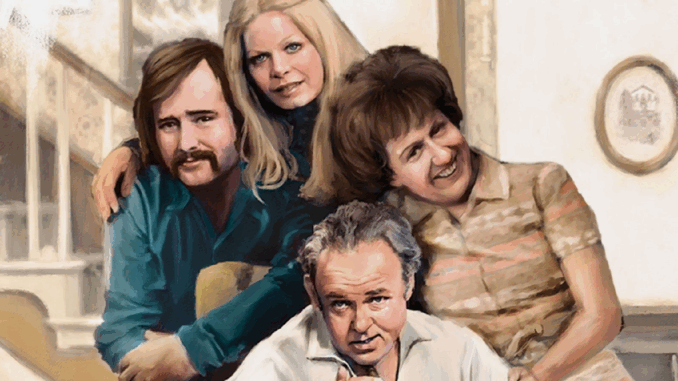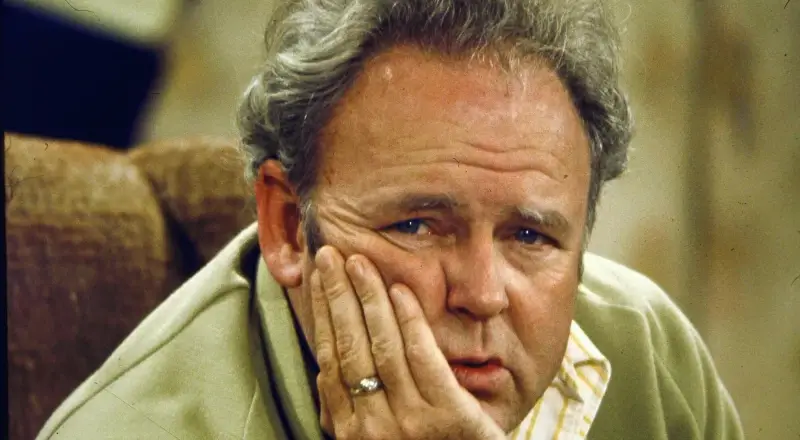
All in the Family: The Sitcom That Broke Every Rule and Why It Still Resonates
The IMDb episode guide for All in the Family (1971–1979) reads like a history book of modern television. In an era filled with hit shows like MASH*, Happy Days, and The Mary Tyler Moore Show, All in the Family dared to go further tackling uncomfortable truths, pushing past the laugh track, and turning the sitcom into a powerful vehicle for social change.
The Pilot That Shook America
From its very first episode, All in the Family grabbed attention with Archie Bunker, the gruff, bigoted father who wasn’t afraid to say the wrong thing—loudly. “Meet the Bunkers” introduced a dynamic never before seen on television: raw arguments about race, politics, and gender, all unfolding at the family dinner table. Audiences were shocked, but they couldn’t stop watching.
The Birthplace of TV Icons
While the show centered on the Bunker household, its impact reached far beyond. One of its greatest legacies is the introduction of characters who would go on to anchor groundbreaking spin-offs. Bea Arthur’s Maude, introduced in a backdoor pilot, brought feminist issues to the forefront, while The Jeffersons spun from George and Louise’s appearances told a different American Dream story through a Black family “movin’ on up.”
Courageous Storytelling That Didn’t Flinch
Unlike many sitcoms of the time, All in the Family didn’t just flirt with controversy it walked straight into it. Episodes like “Cousin Liz” addressed homosexuality in an empathetic and groundbreaking way, while “Edith’s 50th Birthday” tackled the horror of attempted sexual assault with a seriousness rarely seen in primetime comedy. These weren’t just stories they were statements.
Guest Stars Who Made History
In the unforgettable episode “Sammy’s Visit,” Archie meets Sammy Davis Jr and the result is one of the most iconic scenes in sitcom history. The moment Sammy plants a kiss on Archie’s cheek left audiences roaring with laughter, but it also forced viewers to confront racial prejudice in a way only All in the Family could manage.

The Message Behind the Comedy
Archie Bunker wasn’t a hero, but he wasn’t a cartoon villain either. He was a reflection of what many Americans were thinking, fearing, or trying to hold onto during a time of immense cultural change. Through brilliant writing and deeply human performances, the show forced viewers to laugh, squirm, and think all at once.
Why It Still Matters Today
In today’s era of reboots and content overload, All in the Family remains a towering influence. Its courage to address issues that were whispered about at the time and still debated now makes it feel more relevant than ever. It wasn’t just a sitcom. It was a national conversation.